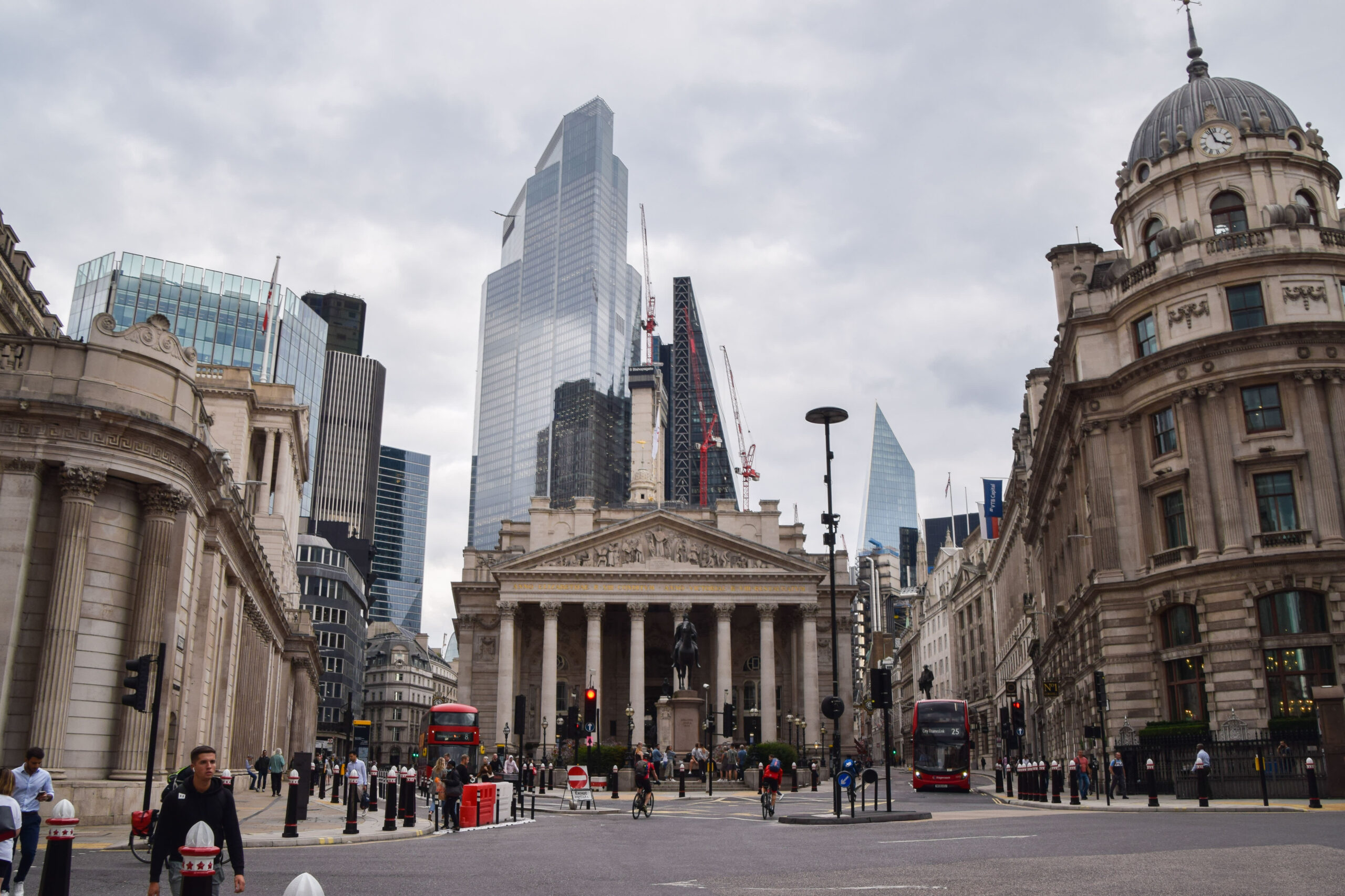S&P Global Ratings analysts have cautioned that, to return inflation to the Bank of England’s target level of 2%, interest rates in the United Kingdom will need to remain elevated for an extended period.
According to a new S&P forecast, the BoE will begin reducing the base rate from its present level of 5.25 percent in the second half of next year.
Based in the United States, the credit ratings agency stated that the economy has yet to absorb the effects of previous rate increases fully, and the country’s persistently tight labor market continues to support the inflation rate.
Consequently, the United Kingdom will experience “yet another year of economic weakness in 2024, with GDP growth of only 0.4%, as interest rates remain restrictive for an extended period,” according to S&P.

In October, consumer price inflation decelerated from 6.7% to 4.6%, fueling anticipations that the UK base rate has reached its zenith and that rate reductions are imminent.
Factors Supporting Elevated Rates
In addition to evidence of a loosening labor market, declining wage growth, and weaker economic output, a milder inflation reading prompted Goldman Sachs to predict that the initial rate cut could occur as early as February 2024.
The BoE cautioned, however, that expectations of a reduction in interest rates in the City were “underestimating” the persistence of inflation as of last week.
In a statement to members of parliament, Governor Andrew Bailey claimed that investors were “placing an excessive amount of weight” on recent inflation figures of less than 5%.
Marion Amiot and Boris S. Glass, senior economists at S&P Global Ratings, stated, “Even though headline inflation has now significantly eased, core price pressures persist.” The consequence of this is a reduction in the purchasing power of households.
Simultaneously, elevated interest rates incentivize consumers to increase their savings and postpone significant investments and purchases. Constraints in the labor market continue to foster dynamic wage growth.
Economic Challenges Post-Brexit & Pandemic
“This is a result of the United Kingdom’s exit from the European Union single market, an increase in the number of long-term sick individuals, and workers’ shifting job preferences as a result of the pandemic.”
“The continued tightness necessitates that monetary policy maintain its restrictive measures for an extended period of time to sustainably restore the inflation rate to 2 percent.”
On Monday, Mark Haefele, chief investment officer of UBS’s global wealth management division, added that data indicating stronger-than-anticipated business activity has also tempered anticipations of imminent rate cuts.
“The probability of a rate cut by the Bank of England by June has decreased from 97% on November 20 to 36%,” he stated.
“We concur with the fluctuations in market sentiment regarding the timing and intensity of interest rate reductions that market expectations for future interest rates will continue to fluctuate. However, we anticipate that a pivotal moment in the direction of central bank policy is imminent.”





